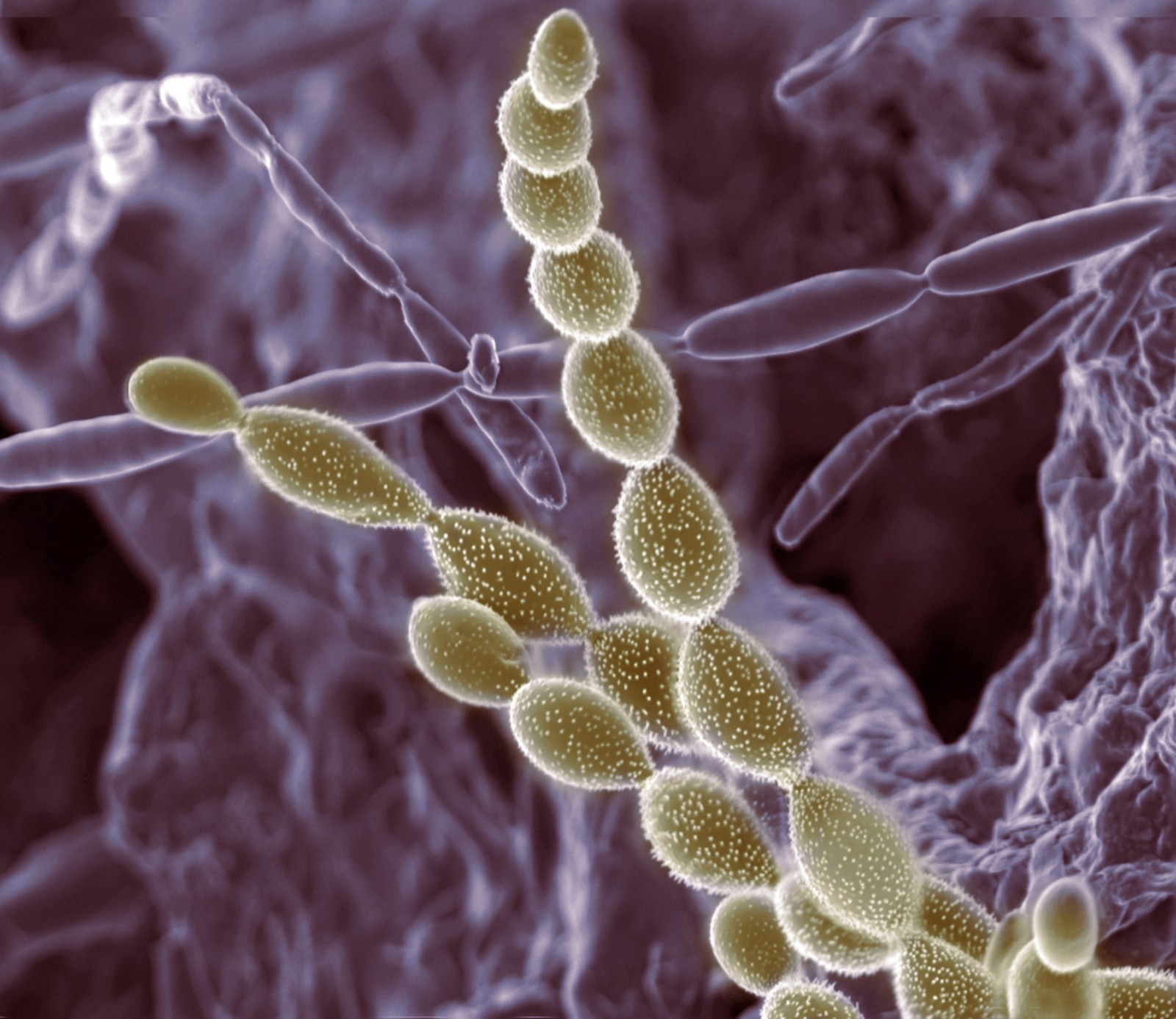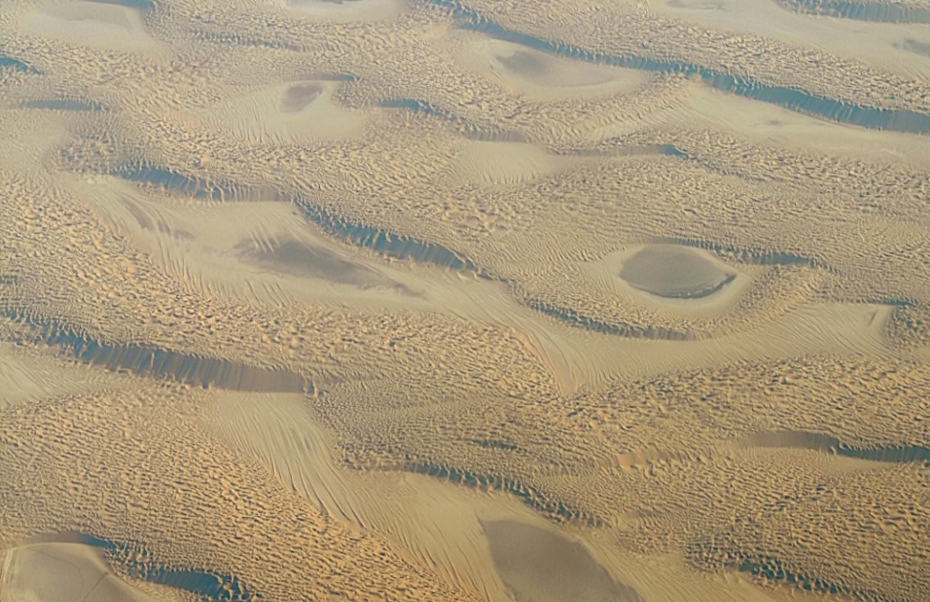Egu Eu

All EGU webinars are supported through the EGU office and are recorded and posted to our YouTube channel, so if you have an idea for a webinar topic that you would like to see EGU cover, email webinars@egu.eu. To highlight EGU’s commitment to equality, diversity, and inclusion of opportunities in the geosciences, and provide. Atmospheric Sciences Division is one of the largest divisions in the European Geosciences Union. EGU, the European Geosciences Union, is Europe’s premier geosciences union, dedicated to the pursuit of excellence in the Earth, planetary, and space sciences for the benefit of humanity, worldwide.
In place of the annual in-person EGU General Assembly in Vienna, the Union will instead host vEGU21: Gather Online (#vEGU21) from 19–30 April. vEGU21 will provide opportunities for journalists and science writers from around the world to learn about the latest research and discoveries in the Earth, planetary, and space sciences and engage with the global geoscience community via both video and live text-chats. The majority of scientific sessions and press conferences will be held from 26-30 April.

Like all EGU General Assemblies, vEGU21 will enable journalists to learn about new developments in a wide variety of fields, such as planetary exploration, water resources, Earth observation, polar science, climate change, pollution, and natural hazards. The preliminary meeting programme includes hundreds of scientific sessions. Some of the meeting's most newsworthy scientific advances will be presented to journalists at press conferences, to be announced in March.
Eligible members of the media, public information officers, and science bloggers are now invited to register for the meeting free of charge (conditions apply). Online media registration will remain open until 31 March 2021. We encourage media participants to register in advance to receive media alerts.
The events most likely to be of interest to journalists will include the virtual press conferences, the Union-wide keynote sessions, and the “display” presentation materials uploaded to scientific sessions. Closer to the start of the meeting, these will be found by searching the preliminary meeting programme. The programme can be searched by selecting a Programme Group (such as Hydrological Sciences), closing the search window, and then selecting a session from the resulting list. Alternatively, you can enter specific terms in the search box.

Ehu Eus
#vEGU21 online


Participants can keep updated with what's going on at vEGU21 by following the EGU Twitter account (@EuroGeosciences) and taking part in the conversation using the official conference hashtags, #vEGU21 and #EGU21.
The EGU communications staff will also be posting about the conference on Facebook and on the EGU blogs.
The #vEGU21 virtual press centre is run by Terri Cook, EGU's Head of Media, Communications, and Outreach, with the help of media assistants.
Egu Type
For more information, please contact Terri at media@egu.eu.
2020 was a brilliant year for our blogging network here at EGU. Across the EGU’s official blog, GeoLog, as well as the network and division blogs there were so many interesting, educational and just downright entertaining posts this year it was hard to get the blog editors to choose their favourites!
Nevertheless at the beginning of January, to celebrate the excellent display of science writing across the network and division blogs, we launched the annual EGU Blogs competition. From a shortlist of posts selected by our blog editors, we invited you, the EGU Blogs readers, to vote for your favourite post of 2020. We also invited EGU division blog editors and office staff to take part in a panel vote. After a month of voting, the winners are finally in!
Egu Membership Number
So a huge congratulations to the Climate: Past, Present and Future (CL) Division Blog, winner of the public vote, and the Hydrological Sciences (HS) Division Blog, winner of the panel vote!
The CL division blog was crowned winner of this year’s public vote for their post on Climate models and Bach’s unfinished fugue written by Faranak Tootoonchi. This blog describes computer based climate models as incomplete works of art, very similar in many ways to that of the great composer Johann Sebastian Bach. Faranak describes the way that climate researchers all contribute to improving these ongoing constructions of climate models, either by adding data or analysing the model itself to continue to understand our Earth system better.
The HS blog secured first place in the panel vote with their post: Hydrological modelling and pizza making: why doesn’t mine look like the one in the picture? written by
All the posts entered into the competition are worthy of a read too, so head over to the poll and click on the post titles to learn about a variety of topics: from Professor Chris Jackson sharing his experiences of being black in academia, to how climate science can help understand COVID-19 modelling, to a look back at 100 years since the birth of Marie Tharp!
If the start of a new year, with its inevitable resolutions, along with the range and breadth of posts across the EGU Blogs have inspired you to try your hand at a little science writing, then remember all the EGU Blogs welcome (and encourage!) guest posts. We particularly encourage a wide diversity of writers to send us their ideas, as it is the variety of guest posts, in addition to regular features, which makes the blogs such a great read.
If you would like to contribute to any of the division blogs or GeoLog, please send a short paragraph detailing your idea to the EGU Communications Officer, Hazel Gibson at communications@egu.eu.